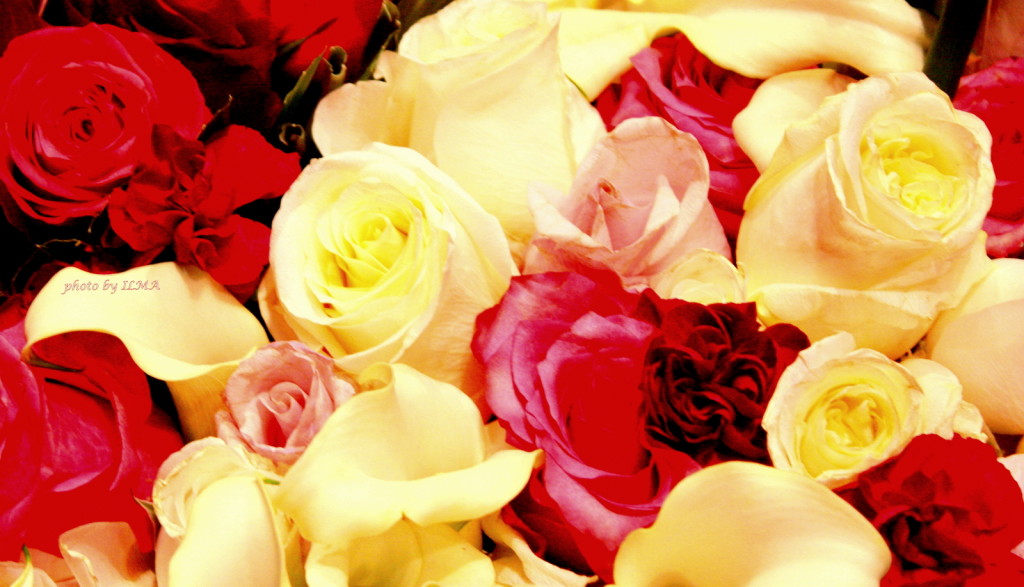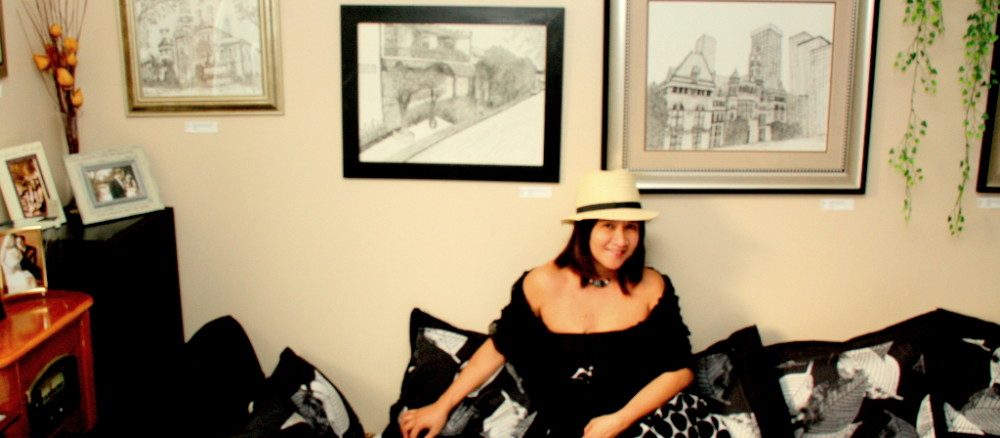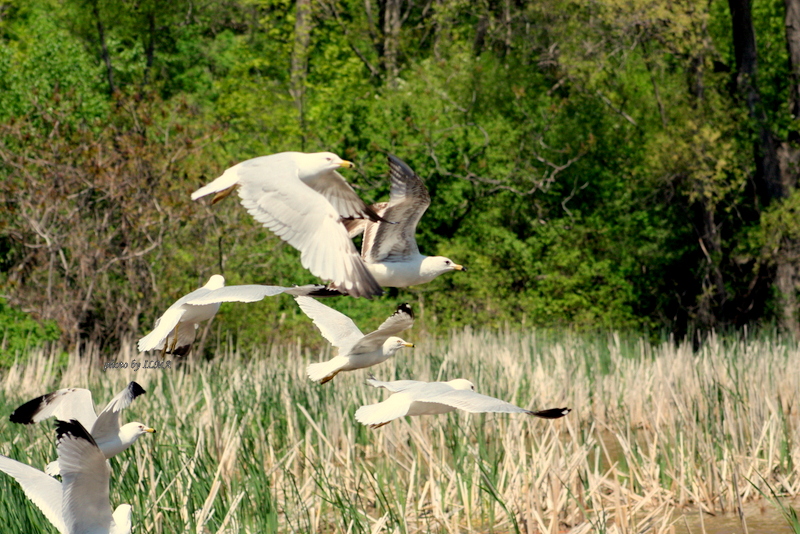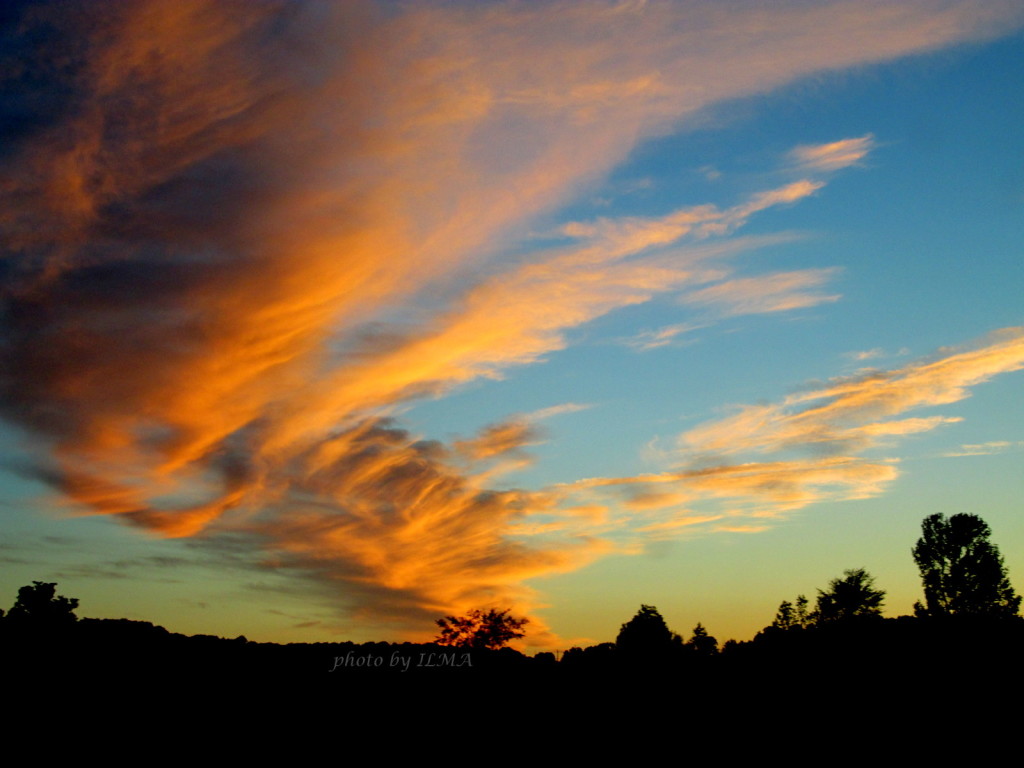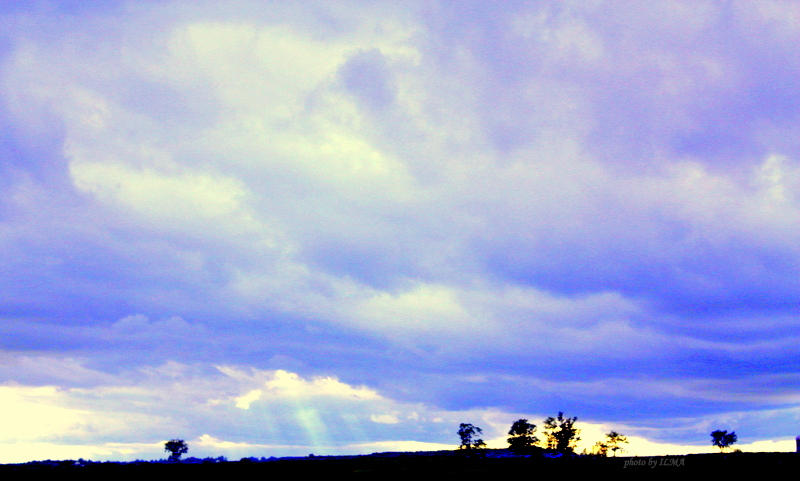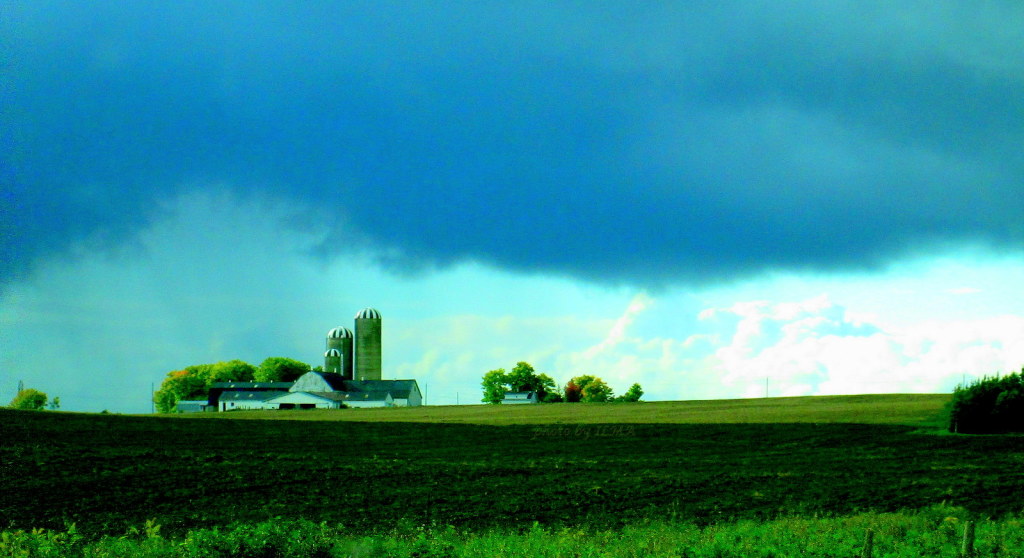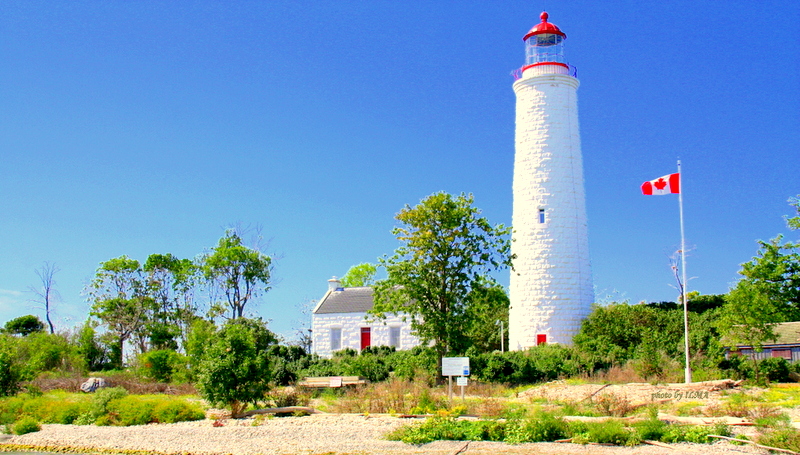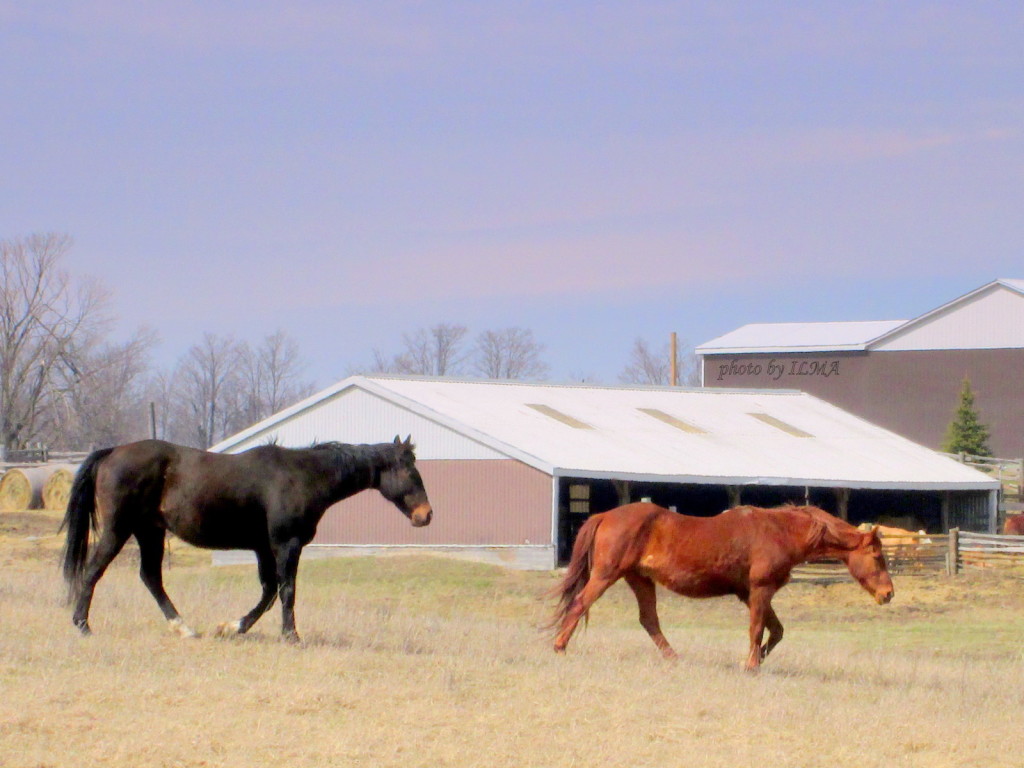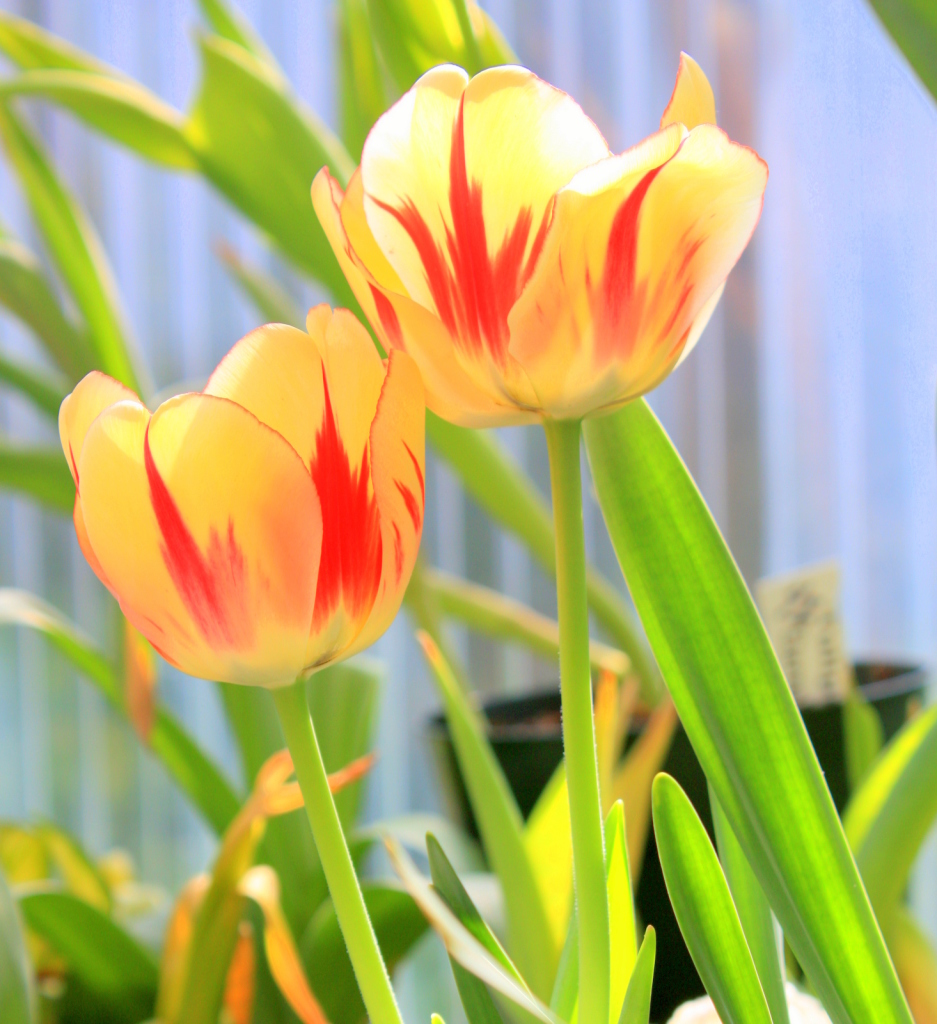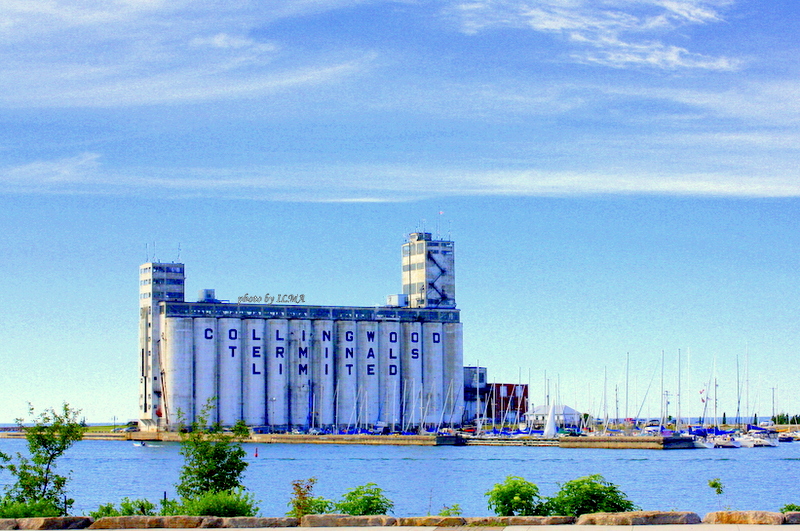EXODUS 22
“If a man steals an ox or a sheep, and kills it or sells it, he shall repay five oxen for an ox, and four sheep for a sheep. 2 If a thief is found breaking in and is struck so that he dies, there shall be no bloodguilt for him, 3 but if the sun has risen on him, there shall be bloodguilt for him. Heshall surely pay. If he has nothing, then he shall be sold for his theft. 4 If the stolen beast is found alive in his possession, whether it is an ox or a donkey or a sheep, he shall pay double.5 “If a man causes a field or vineyard to be grazed over, or lets his beast loose and it feeds in another man’s field, he shall make restitution from the best in his own field and in his own vineyard.6 “If fire breaks out and catches in thorns so that the stacked grain or the standing grain or the field is consumed, he who started the fire shall make full restitution. 7 “If a man gives to his neighbor money or goods to keep safe, and it is stolen from the man’s house, then, if the thief is found, he shall pay double. 8 If the thief is not found, the owner of the house shall come near to God to show whether or not he has put his hand to his neighbor’s property. – Exodus 22:1-8
EXODUS 22 CONSEQUENCES OF THEFT
A poem by ILMA inspired by these verses
God commanded us not to steal someone else’s possession
This is a boundary that brings order and leads to a good relation
When one takes what does not belong to him, he violates that boundary
The thief must be able to pay back what he stole if found guilty.
According to a commentary by Guzik, the Mosaic law does not send a person to jail because of theft. Instead, they are required to pay what he stole plus additional penalties. Another commentary from Kaiser says: In this passage, the penalty could be anywhere from 500% (he shall restore five oxen for an ox) to 200% (he shall restore double). “The reason for the fivefold penalty in the case of stealing an ox is probably because one man stole the means of another man’s livelihood. The principle would extend to taking any of the man’s plowing or cultivating implements.”
God commands us not to steal in Exodus 20:15 and 17. During those times, animals were the source of their livelihood. These laws were probably designed for the judges to implement the proper restitution for the damage of the theft.
REFLECTION
- Why do you think God prohibits us from stealing? What does it do to us?
